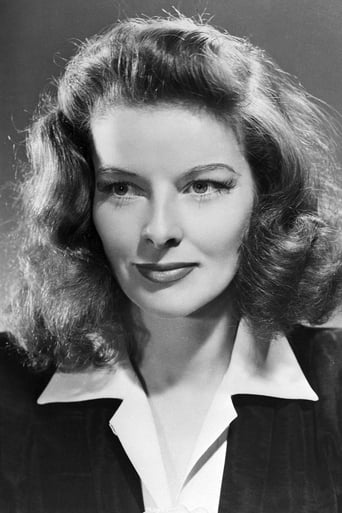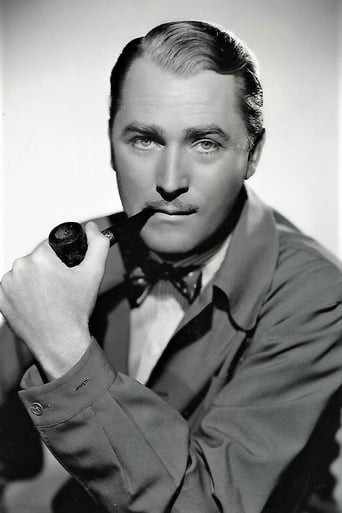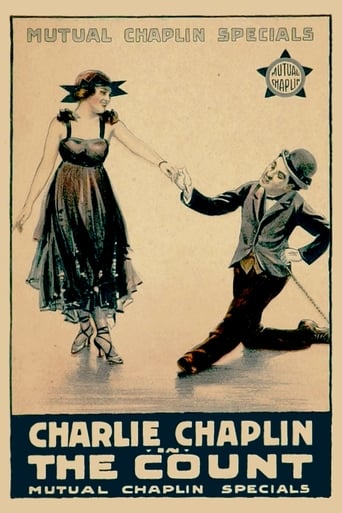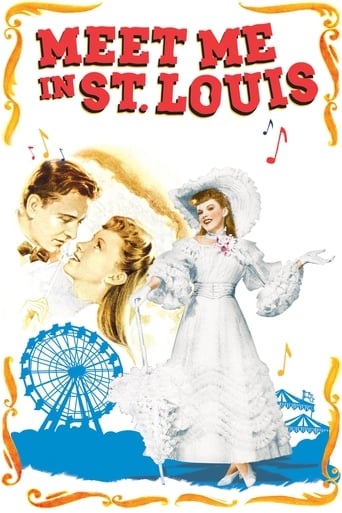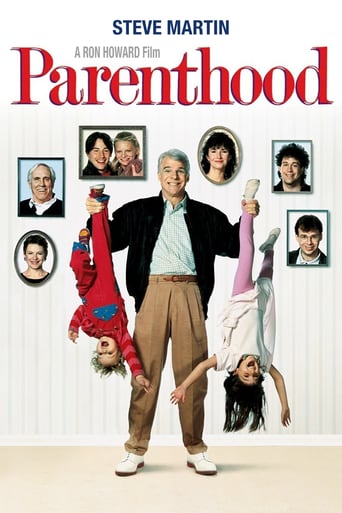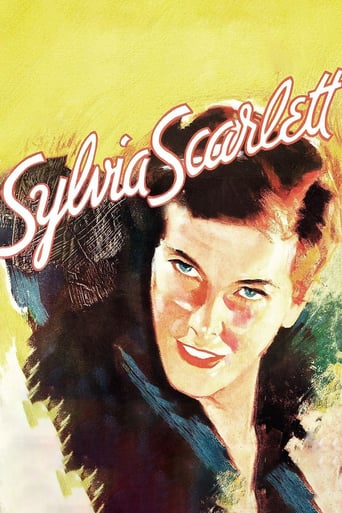
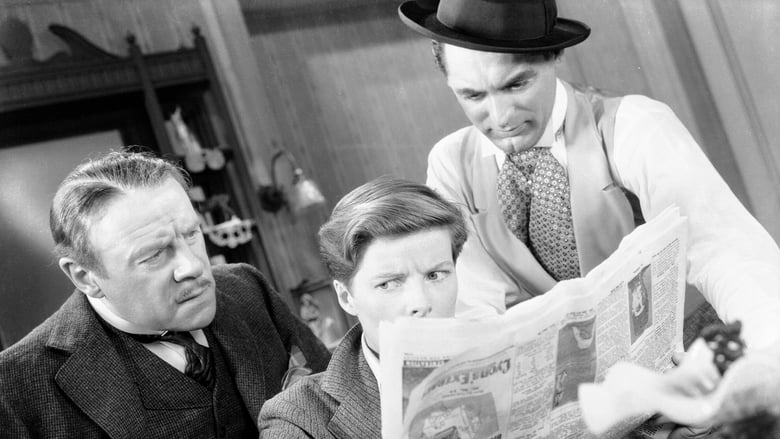
Sylvia Scarlett (1935)
When her father decides to flee to England, young Sylvia Scarlett must become Sylvester Scarlett and protect her father every step of the way, with the questionable help of plenty others.
Watch Trailer
Cast
Similar titles
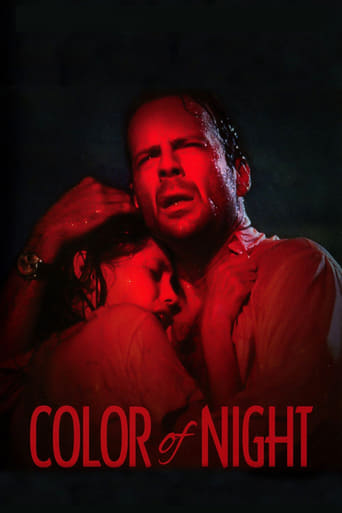


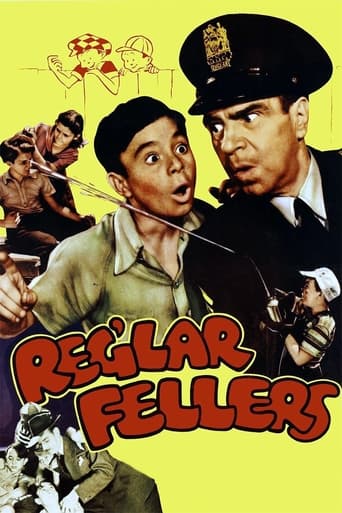
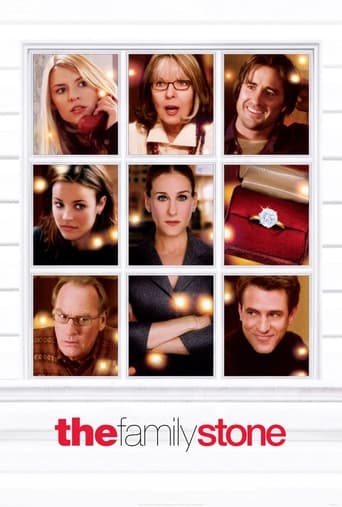
Reviews
I like the storyline of this show,it attract me so much
Slow pace in the most part of the movie.
Tells a fascinating and unsettling true story, and does so well, without pretending to have all the answers.
The movie's neither hopeful in contrived ways, nor hopeless in different contrived ways. Somehow it manages to be wonderful
You would think with Hepburn Grant and Gwenn all in this title there would be more talent transferred to the screen. The script is hardly worthy of these stars and the plot drags from boring to downright mind numbing. Hepburn's role as a girl disguised as a boy suspends belief in that you would think the other people in the movie would have figured it out long before she "reveals" herself as a female. Total waste of an evening.. and two stars from me was generous.
Not a great movie, or even a very successful one in conventional terms, but quite fascinating to watch. A lot of people are put off by the semi-deliberate artificiality of the acting and the fanciful nature of the story, at least up to the moment where Hepburn reveals herself as a woman to Aherne.But I think this is the point. Cukor (and Hepburn) were striving for something a bit like A Midsummer Night's Dream (which Hollywood was filming around the same time). A bunch of con-artist misfits meet up and then find a spot for themselves as a sort of traveling commedia dell-arte stage act. They fetch up in an artists' colony in Cornwall, where they are presumably more accepted than elsewhere. A kind of 1930s Forest of Arden.There, Sylvia's masquerade is not scandalous but amusing. And just as there's actual enchantment in Shakespeare's play, the manner in which Hepburn is revealed as a woman to Aherne (an artist, of course) suggests that on some level she wasn't just masquerading. She literally is transformed back from a boy to a girl, who has to be taught once again what a girl (they never say woman in the movie) behaves like. Instead of appearing threatening to conventional notions of gender, the film underlines Sylvia/Sylvester's vulnerability and innocence.The gay angle is clear: The theater, and the world of artists, is where Hepburn and her companions (impecunious, emotionally unstable father; odd, flighty servant girl; amoral con artist) are accepted and not judged, where her masquerade isn't a crime but an artistic achievement. Sylvia Scarlett is an effort to make American audiences embrace and find the charm in ways of life it officially rejected.The whole concept is pretty stagy, but of course Cukor and Hepburn both came from the theater.But while it all must have looked doable good on paper, it doesn't really work on screen. The script undermines it, for one thing: the plot is full of holes and soon after the big scene with Aherne, the enchantment and strangeness start to drain out of the story, which turns into conventional girl-meets-boy. The only remaining question is whether Kate will find up with Cary or Brian, and that just doesn't hold much interest.One reason for this is Cukor. He was a fine director of actors, and with a good script he could make a marvelous picture. But he wasn't a great visual artist, like Ford or Welles or Hawks, who could often take mediocre writing and make it sing on screen. This is the highest-concept film he ever made, except possibly Justine late in his career, and he doesn't really have the knack for it. The broad playing and semi-Shakespearean humor never really work the way they should, and Cukor can't seem to make Sylvia's father, the darker character in the whole thing, mesh with the rest.I wonder if the story wouldn't have been more at home in the silent cinema, where there was more latitude for enchantment and masquerade and make-believe? How would FW Murnau (Sunrise) have handled this material, for example? Hepburn herself is at her best and most entertaining in her scenes as Sylvester. She's acrobatic and rambunctious and fun to watch. The other characters treat her as a sort of adorable boy, kind of like Cherubino in The Marriage of Figaro. Very much in keeping with the deliberately theatrical atmosphere the movie tries for. Once Hepburn puts on a dress again, however, she tends to subside into that familiar Hepburn wonderfulness that can be annoying in some of her other films. The rest of the cast is just fine.Could this have been a better movie? David Thomson suggests that another director and star (Hawks and Stanwyck, perhaps) could have made it work. Perhaps - but it would have been more conventional. I doubt that anyone else would have opted for the enchanted-forest, Midsummer Night's Dream approach that makes it so interesting. Again, I think it would have had a better chance in the silent era.Too bad, however, that someone didn't try again!
Legendary flop from director George Cuckor and stars Katharine Hepburn, Cary Grant and Edmund Gwenn concerns a young woman from Paris and her wily con-artist father taking it on the lam from police, eventually hitching up with a traveling vaudeville show with the girl disguised as a boy. Good-looking production based on Compton Mac Kenzie's book, but strident and shrill. Cuckor fails to modulate the scenes in a way that would endear these characters to the audience, and the resulting fiasco seems like an overly-quirky inside joke. Hepburn survives it with her sense of humor intact, but Grant is especially poor as a Cockney chap who gets involved with the sneaky twosome. A meandering, confounding misfire. *1/2 from ****
George Cukor must have had lots of fun directing Katherine Hepburn,(Sylvia Scarlett) and Cary Grant, (Jimmy Monkley) in this comedy about Sylvia Scarlett making believe she was a boy with her hair cut very short and her father, Edmund Gwenn, (Henry Scarlett). Henry and Sylvia were forced to leave London, England because Henry had stolen a large sum of money from a firm he had worked at and so father and daughter decided to become con-artists and steal and rob people. However, every time Sylvia tried to pull off a heist, she would goof up and ruin the entire plan. Jimmy Monkley joins the team and does not realize that Sylvia is not a boy and this group of crooks get themselves into all kinds of problems with plenty of laughter. Great Classic 1936 film.
